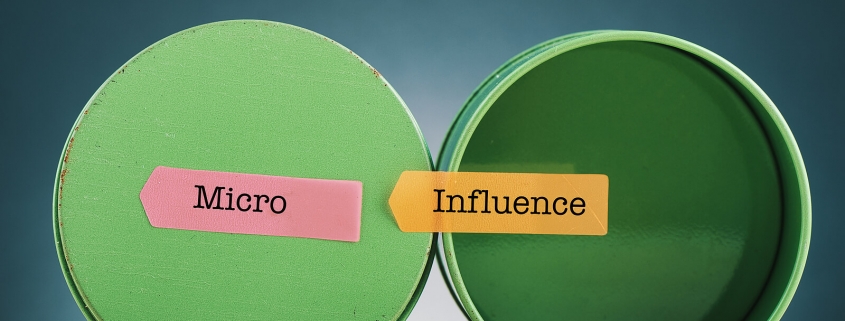The Dilemma
According to new research, despite their success and widespread usage in today’s marketing landscape, few social media users purchase goods promoted online by influencers (other sources disagree with this conclusion), and most actively avoid sponsored posts that seem uninformative or don’t speak to their particular interests.
Users in the United States were polled on their online engagement patterns and what motivates them to follow influencer accounts on social media. It was discovered that the majority of social media users (58 percent) have never purchased influencer-promoted goods and have no plans to do so in the future, although influencer reviews and endorsements are considered useful to consumers when making purchasing decisions.
Instead, according to the study, most social media users are attracted to influencers who are subject-matter experts who provide detailed, insightful content about a common interest. Subject-matter experts (34 percent), business leaders (29 percent), and wellness experts (28 percent) are the most prominent influencers, indicating that influencers with specialized, niche followings are more likely to reach followers and grow successful communities.
The Micro Influencers
Micro-influencer, or brand ambassadors with less than 10,000 followers, are frequently recognized by marketers as a cost-effective alternative to collaborating with influencers with larger followings, according to the report (and higher fees). According to the report, the majority of people who follow influencers (55 percent) say they usually follow brand ambassadors with fewer than 50,000 followers, confirming that most social media users choose to engage with influencers who specialize in niche subjects and interests.
A methodology was developed based on the results of a more recent study on Social Media Presence and Influence. To market brands, this strategy employs micro-influencers on popular social media sites.
According to the report, social media sites are a very successful space for many companies, helping to highlight brands by humanizing content and empowering viewers, since they are based on images, short videos, and texts. Marketers profit from the network in a variety of ways.
Daily and committed visitors to social media sites. They’re also business-focused, with the vast majority (more than 90%) following at least one company. Additionally, these channels make it simple for companies to engage with their target audience.
According to the report, advertisers take advantage of these benefits by collaborating with various micro-influencers, who are often genuine amateurs instead of skilled influencers, providing very credible product endorsements from “regular folk” instead of big celebrities.
Free goods are offered to micro-influencers on the condition that they write what is true about them, and make their opinions known to their followers, and tag the brands. Since they are based on the real-life experiences of people who already made use of those items, their posts seem authentic and reliable.
Micro-influencers that operate on popular social media sites can help create a brand reputation, brand recognition, and social evidence for goods and services at a low cost. It is a realistic first step and a highly successful tool for small businesses considering expanding their e-commerce operations.
Finally, most social media users are cautious about who they follow online, with the majority (57%) claiming to follow no more than five influencers.
Alan Jones

